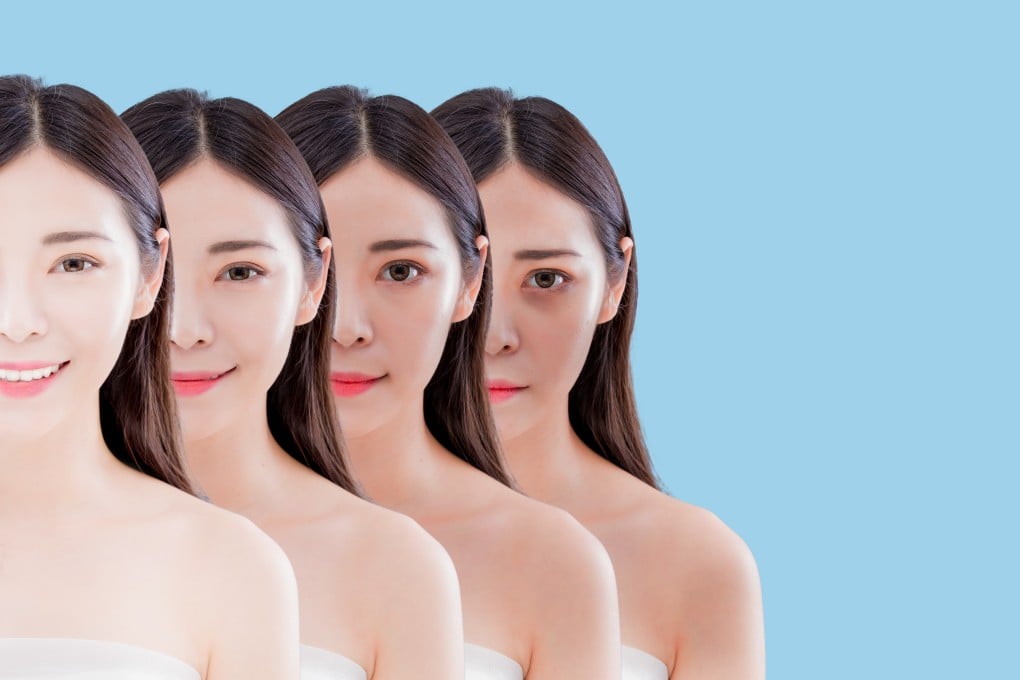How Western beauty brands play to Asian desire for whiter skin, and the euphemisms they use to avoid appearing racist
- In Western countries, conversations around race and discrimination based on skin colour have paved the way for more inclusive approaches to beauty
- When beauty brands sell to Asian markets, their marketing may not outright say ‘whitening’, but that’s what they mean by ‘brightening’ or ‘lightening’

When a global cosmetics company launches a new collection in China that promises to hold the secret to lighter skin, it’s hardly surprising. For centuries, Chinese people have viewed fair skin as a mark of beauty and an indicator of high social and economic status.
The Chinese beauty market has responded enthusiastically to skin-lightening products, and major players in the cosmetics world have reaped the rewards. Indeed, data suggests that demand for these products is growing rapidly worldwide.
According to research released by Stratistics MRC in August 2019, the market for skin-lightening products was valued at more than US$4 billion in 2017, and will grow by an average of 7.8 per cent annually to reach more than US$8 billion by 2026.
The market for skin-lightening products may be lucrative, but brands walk a fine line in the way they talk about and market these (often controversial) products.

For starters, consumers will not readily find a multinational company referring to “white skin” or the “whitening” properties of their cosmetics.
Diorsnow's latest line, for example, which became available in Hong Kong on February 15, underlines its abilities using everything but these terms – it promises “brightening” and the restoration of the “complexion's luminosity and evenness”. A face cleanser, sunscreen, and cream are complemented by the “Garden of Light” make-up collection that “reveals all the skin’s purity and infuses it with a rosy glow”.